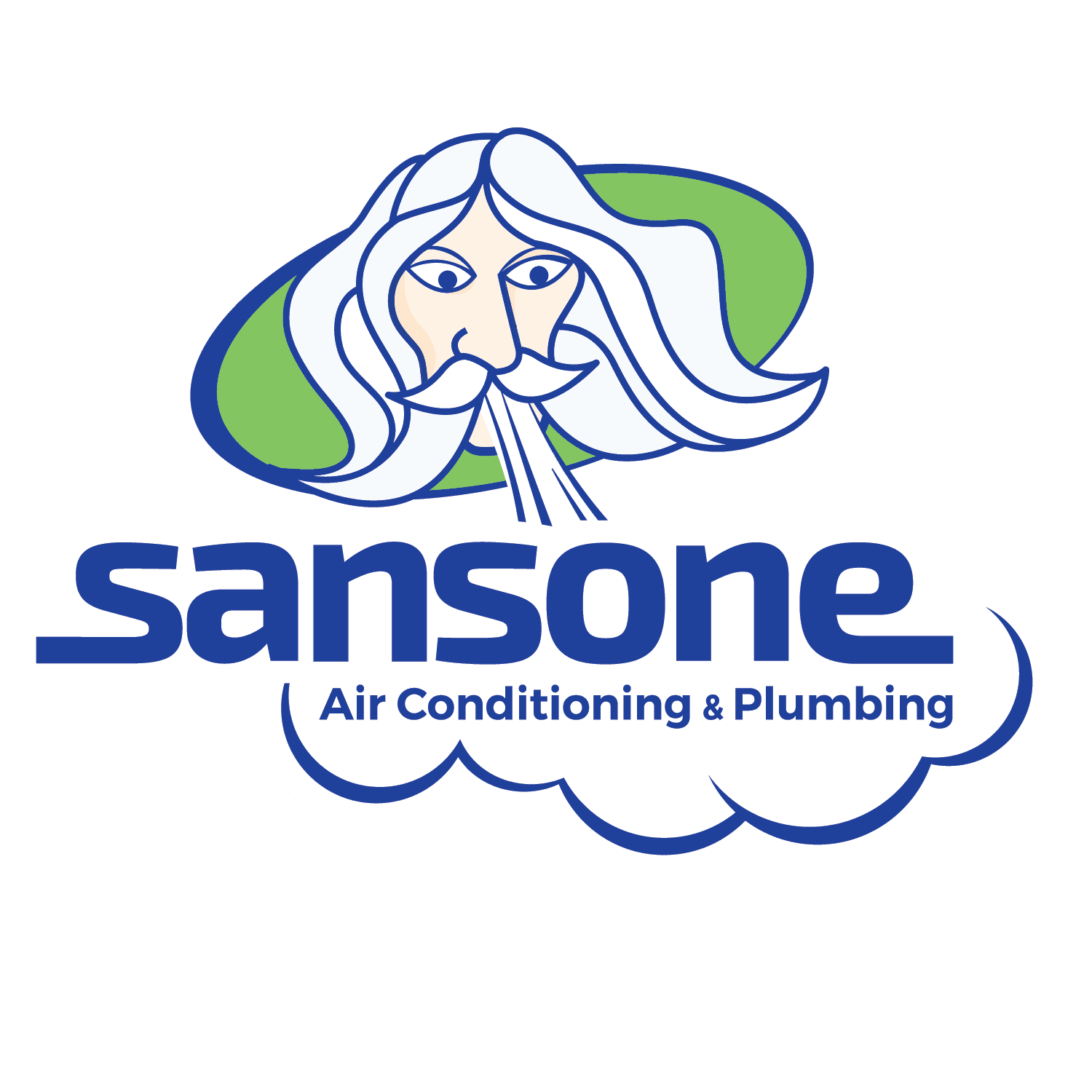
When adjusting the thermostat only results in varying temperatures throughout the home it can be frustrating. And then the complaints begin, someone is too warm and someone is too cold.
You’re probably wondering why the room temperatures vary so much. Is the problem with the air conditioner? Is it an insulation issue? What will you have to repair or replace, and how much will it cost?
5 Reasons Why One Room In Your Home Is Always Colder than Others
1. Uneven Airflow
Check to see that the vents in every room are open, and that none of them are blocked by any curtains, furniture, or decor. Vents can be located in ceilings, walls, or floors.
2. Window Leaks
While windows can last anywhere between 30 and 40 years, you should provide regular maintenance. Inspect them for cracks or dents on the frame, and check the caulk around them to see if it needs to be reapplied. Window leaks will lead to drafty windows, inefficient air conditioning, and higher energy bills. For a quick tutorial on how to check your windows, click here.
3. Poor Insulation
Uneven temperatures throughout your home could be a sign that you need additional insulation. An air conditioner will run until it reaches the temperature set on the thermostat. If one specific room is cooler or warmer than the rest, it may not be insulated adequately. To figure out if this is an issue in your home, perform a home energy audit.
4. Obstructed Air Ducts
Air ducts can become obstructed with debris, or can have air leaks due to lack of maintenance. In addition to uneven temperatures, you’ll notice more dust than usual around your home, as well as higher energy bills.
5. Size of AC
The air conditioner shuts off once your home reaches the temperature set on the thermostat. If you have an oversized AC, the areas near the thermostat will reach that temperature much sooner than the rest of the home, causing the system to cycle off. Consequently, the rooms closer to the thermostat will be much cooler than those further away.
To check whether you have the correct size AC for your home, verify the unit’s BTU capacity (acronym for British Thermal Unit). You can do this by checking the label on the condenser unit (the big box that is outside your home). The top of the label has a long string of characters separated by hyphens. The BTU capacity is the three-digit number after the first dash. Once you have this number, consult with an HVAC professional to ensure that the unit is adequate for your home’s square footage, ceiling height, and geographical location.
The best way to ensure that your air conditioner is working as efficiently as possible (and that it lasts as long as possible) is to schedule yearly maintenance. This way, an experienced technician can spot any existing and potential issues before they become a costly headache.
Need an Efficient AC? Let Sansone Help!
At Sansone, we strive to make your home as comfortable as possible. That’s why we offer a variety of AC products and services designed to keep you cool for less. Give us a call today to learn more or schedule your appointment below.
Broward: (954) 800-2858
Palm Beach: (561) 701-8274
St. Lucie: (772) 879-5656

